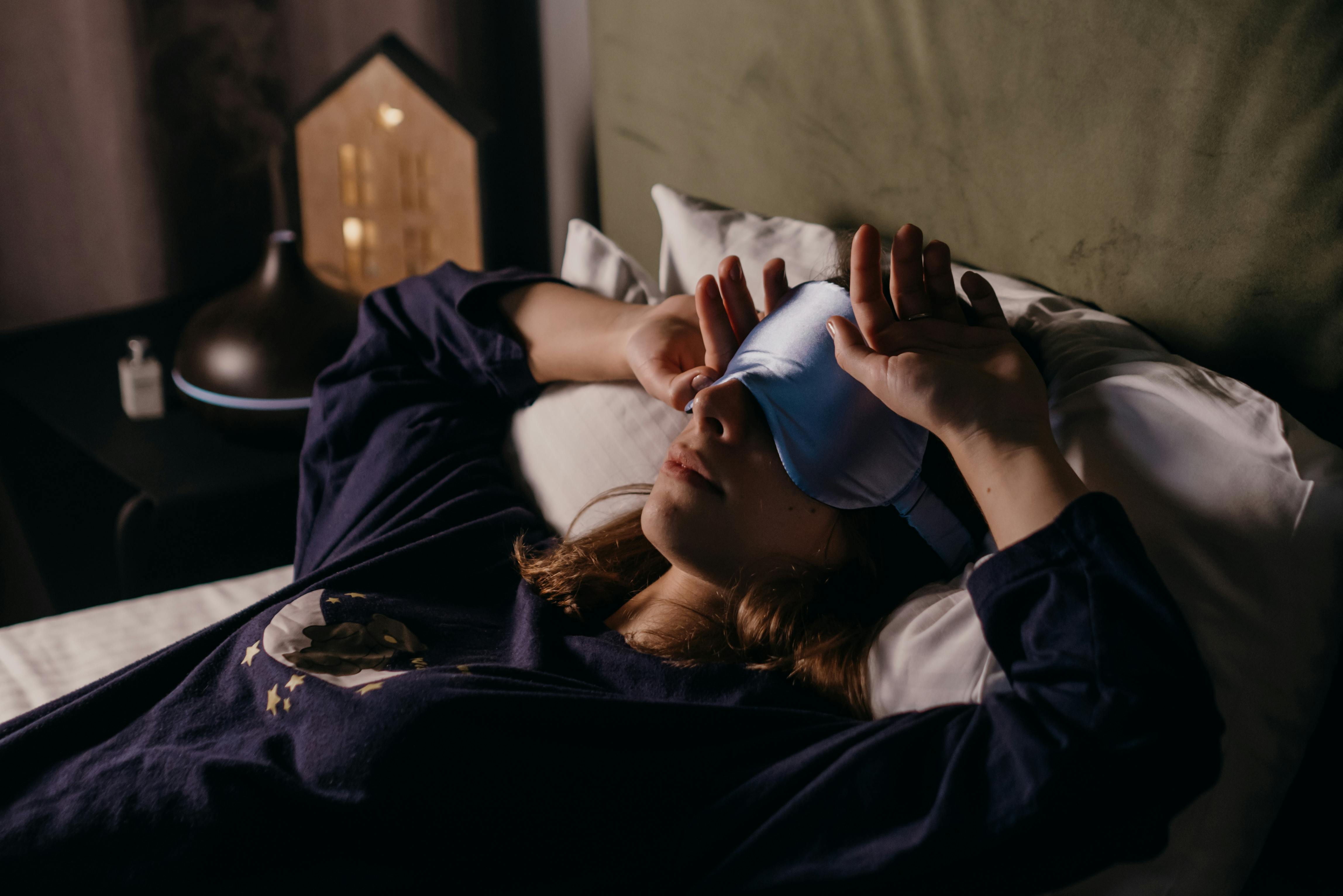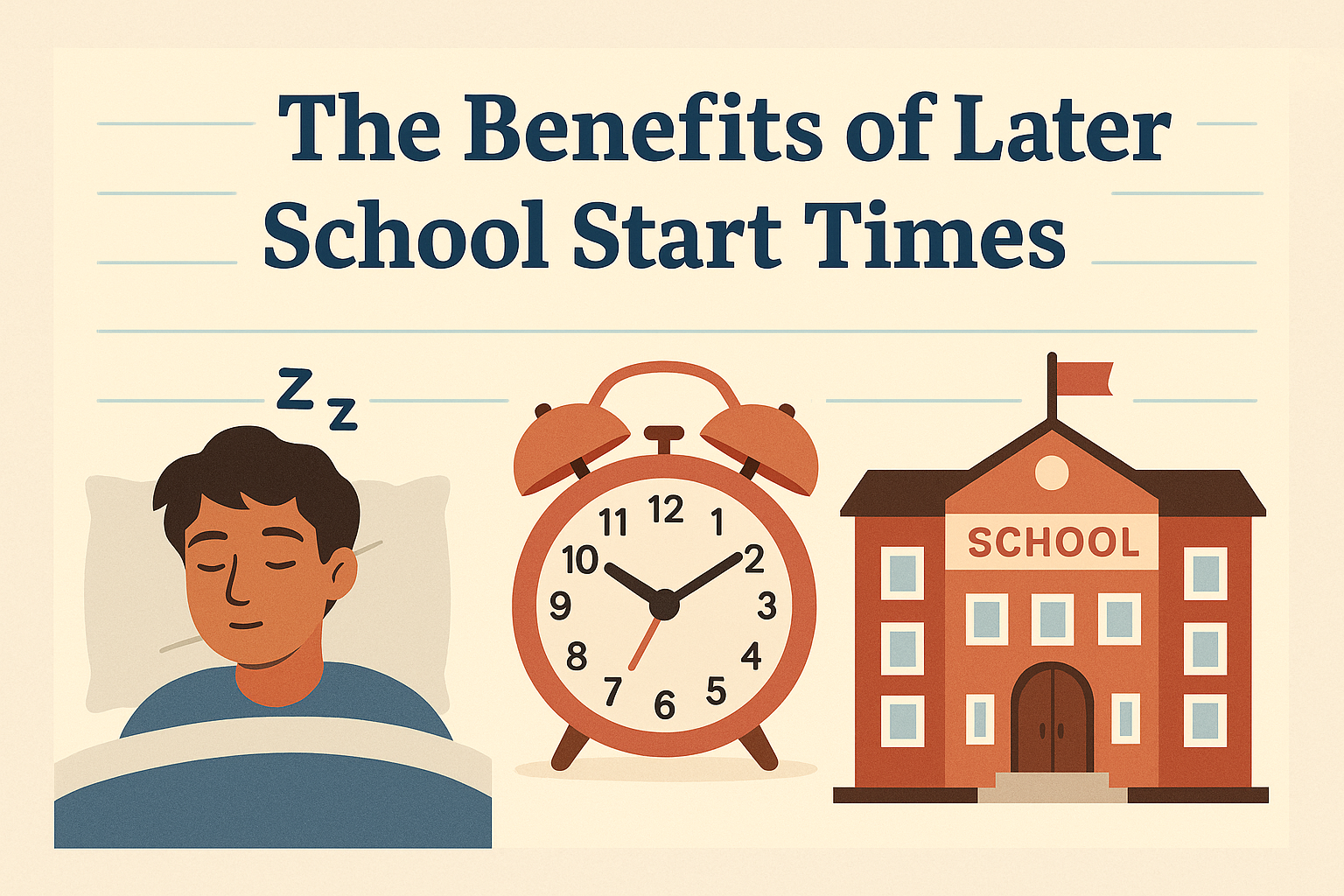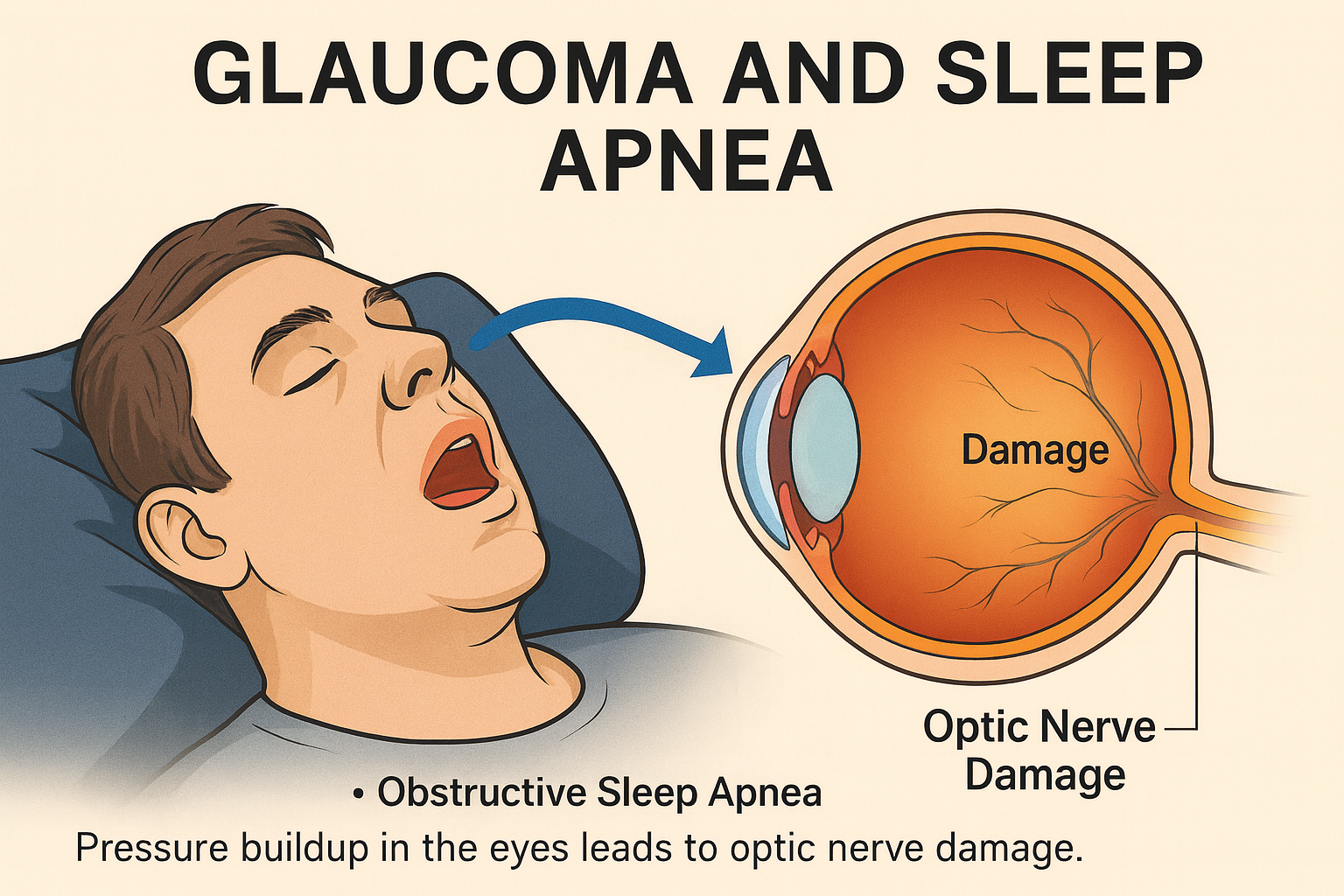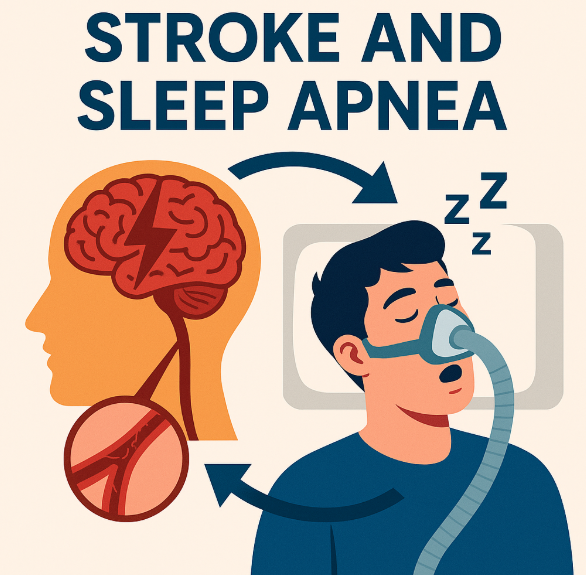Sleep is a critical part of our daily lives, but the amount of time it takes us to fall asleep, known as sleep latency, often goes unnoticed. Sleep latency is the amount of time it takes to transition from wakefulness to sleep, and it plays a significant role in determining the quality of our rest. If you've ever wondered why it’s easy to drift off some nights while others feel like a battle to fall asleep, sleep latency could be the key.
What is Sleep Latency?
Sleep latency refers to the time between lying to sleep and falling asleep. On average, a healthy individual has a sleep latency of around 10-20 minutes. However, this can vary depending on factors like stress, environment, and overall health. Sleep latency that consistently falls outside this range can be a sign of either sleep deprivation or underlying sleep disorders, such as insomnia or sleep apnea.
Factors That Affect Sleep Latency
It might take longer than normal to fall asleep for many reasons. Some factors are biological, while others are environmental or lifestyle-related.
Biological Factors:
- Circadian Rhythms: Our internal body clocks play a significant role in sleep latency. Disruptions to this rhythm can delay the onset of sleep.
- Age: Sleep latency changes with age. Teenagers and older adults often experience longer sleep latency due to hormonal changes and shifts in sleep patterns.
Environmental Factors:
- Light and Noise: Excessive light, especially from screens, can disrupt melatonin production, a hormone that helps regulate sleep. Noisy environments make it harder for the brain to relax and initiate sleep.
- Room Temperature: The ideal sleep environment is cool, dark, and quiet. Too much heat or cold can extend the time it takes to fall asleep.
Lifestyle Factors:
- Stress and Anxiety: Mental health plays a big role in sleep latency. High stress levels or anxiety can keep the brain too active, delaying sleep.
- Diet and Exercise: Consuming caffeine or sugar late in the day and lack of physical activity can prolong sleep latency. On the flip side, moderate exercise earlier in the day can help reduce it.
Sleep Latency and Sleep Disorders
An abnormal sleep latency can be an indicator of underlying sleep disorders such as:
- Insomnia: Difficulty falling asleep is a marker of insomnia. People with insomnia often experience prolonged sleep latency for extended periods.
- Sleep Apnea: In cases of sleep apnea, people wake up frequently throughout the night due to breathing problems, which can cause sleep deprivation and an abnormally short sleep latency.
- Shift Work Sleep Disorder (SWSD): For those who work non-traditional hours, such as night shifts, the body’s natural sleep-wake cycle gets disrupted, leading to longer sleep latency. (tag other blogs on this)
How to Improve Sleep Latency
The good news is that improving sleep latency is possible with a few adjustments to daily routines and habits.
- Stick to a Schedule: Going to bed and waking up at the same time every day helps regulate your internal clock. A consistent sleep routine can train your body to fall asleep faster.
- Limit Screen Time Before Bed: Blue light from phones, computers, and TVs can suppress melatonin production. Try to reduce screen time at least an hour before going to bed to allow your body to naturally wind down.
- Create a Relaxing Bedtime Routine: Engage in calming activities such as reading, meditating, or listening to soothing music before bed. This helps to signal to your brain that it’s time to sleep.
- Improve Your Sleep Environment: Make sure your bedroom is conducive to sleep. Keep it cool, dark, and quiet. Invest in comfortable bedding and minimize noise distractions.
- Mind Your Diet: Avoid caffeine and heavy meals in the evening. Instead, opt for a light snack or herbal tea that promotes relaxation, such as chamomile.
When to Seek Help
If an abnormally long or short sleep latency persists despite these efforts, it may be time to seek professional help. Persistent difficulty falling asleep could be a symptom of a more serious sleep disorder that requires treatment.
Understanding sleep latency and the factors that affect it is crucial for achieving better sleep. By improving your sleep environment, maintaining a consistent schedule, and addressing any lifestyle habits that may be contributing to abnormal sleep latency, you can enhance both the quality and quantity of your sleep.





























































































%20thumbnail.jpg)
.png)